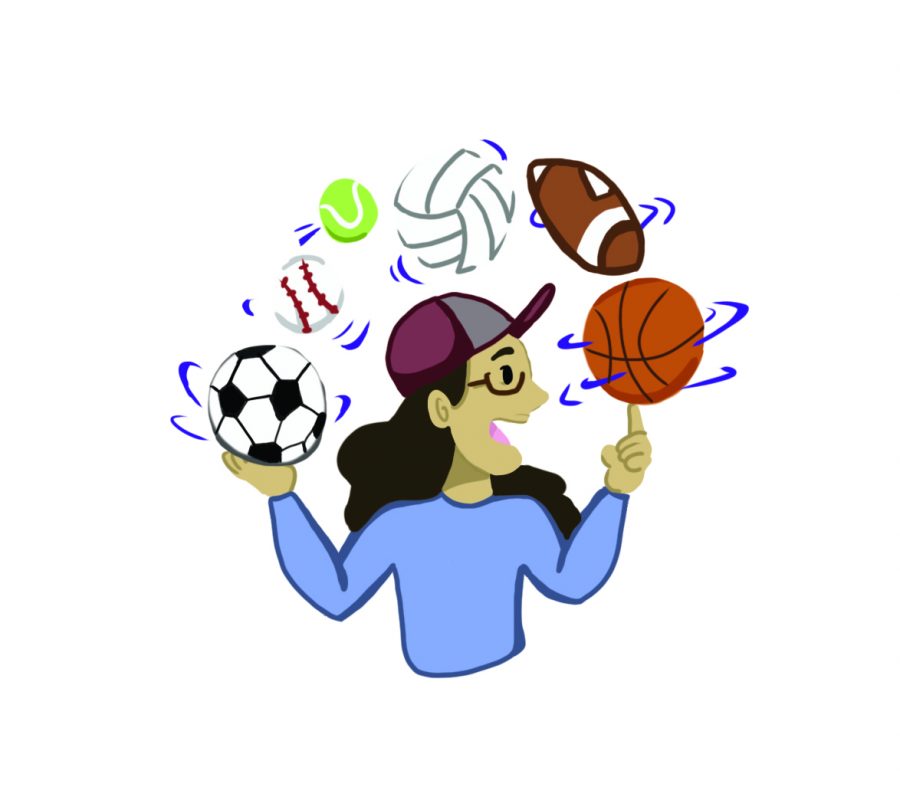Earlier this month, celebrity attorney Michael Avenatti — after being arrested on extortion charges — tried to single-handedly take down Nike for its alleged bribery of the families of high school athletes “to attend ‘Nike’ colleges.” Nike said in a statement that it “Will not respond to the allegations of an individual facing federal charges of fraud and extortion and aid in his disgraceful attempts to distract from the athletes on the court at the height of the tournament.” The company, however, is part of a federal investigation into corruption in college basketball.
While Avenatti is clearly not the most virtuous or trustworthy source, it is important that his claims about the shoe giant do not get swept under the rug. Just last October, two Adidas executives and an aspiring NBA agent were found guilty of fraud charges for their roles in a pay-for-play scandal that pulled back the curtain, for a moment, on the basketball black market. However, it seems that after the public’s initial shock over the news subsided, the rest of the world forgot — or simply didn’t care enough — about the corruption that runs rampant in high school and even lower-level sports.
The Elite Youth Basketball League — subpoenaed by the FBI in 2017 — is Nike’s grassroots league, a summer basketball circuit that prepares high school players for the college game. Nike, Adidas and Under Armour each have their own leagues which allow them to gain leverage and influence over the next generation’s star athletes. McDonald’s All-American shooting guard Brian Bowen played in Nike’s EYBL and in 2017, news broke that his family reportedly received $100K to attend Adidas-sponsored University of Louisville.
A New York Times article detailed how grassroots basketball has long been an environment where brand executives are connected with parents of top recruits and how money flows between them to ensure that the players commit to college basketball programs that the company sponsors. Sometimes this can even lead to an endorsement deal with the company after the player turns pro.
As things stand, it seems like grassroots basketball isn’t going away anytime soon. After all, everyone benefits — the players get exposure, the shoe brands get deals and the NCAA gets top talent who have been hyped up by the media and fans for years. However, the federal investigation has made waves in college basketball circles, and it’s even caused an NCAA commission to recommend reforms to the “youth basketball-industrial complex.” This is good from the NCAA, but don’t be fooled by the attempts of some in college basketball to pin all corruption on the grassroots circuit and Amateur Athletic Union basketball. As we’ve seen, college basketball programs are not exactly bastions of integrity.
“The corruption we observed in college basketball has its roots in youth basketball,” former Secretary of State Condoleezza Rice, who headed the NCAA commission, said.
In the Adidas trial, four college assistant coaches and several figures on the grassroots circuit — sometimes called street runners, or people who are the go-betweens for shoe companies — were charged. Merl Code, the Adidas official who was arrested, charged with wire fraud and wire fraud conspiracy and received a six-month prison sentence, is a former Nike official. The Adidas case was the biggest example of the corruption that plagues sports. But it was also an outlier.
When investigations end and charges are filed, it’s often only the families and players that are punished. Now, of course you can say that they shouldn’t have taken the money or allowed themselves to get swept up in the storm of corruption that surrounds high school sports. But when every kid wants to make it to the next level, being exposed to that world is inevitable and following the crooked ways of big brands seems like their only chance to make it big. And we are talking about Nike, Adidas and Under Armour — billion-dollar companies that know what they are doing and know that the odds that they get caught are slim.
After Avenatti accused Nike of bribery, sports attorney Darren Heitner dismissed claims that Nike could find itself in a situation similar to the one Adidas faced in 2017.
“Nike has little or nothing to be concerned about,” Heitner said. “If there were illegal payments being made […] the individuals who were engaged in that activity have cause for that concern. There’s nothing from a criminal standpoint that this corporate entity has to be worried about.”
Avenatti may not be the right person to hold Nike to the letter of the law, but someone else needs to just do it.
The Sports Girl is a weekly sports column that will feature a girl’s take on sports. Yes, a girl. Yes, on sports.
A version of this article appeared in the Monday, April 15, 2019, print edition. Email Bela Kirpalani at [email protected].


























































































































































